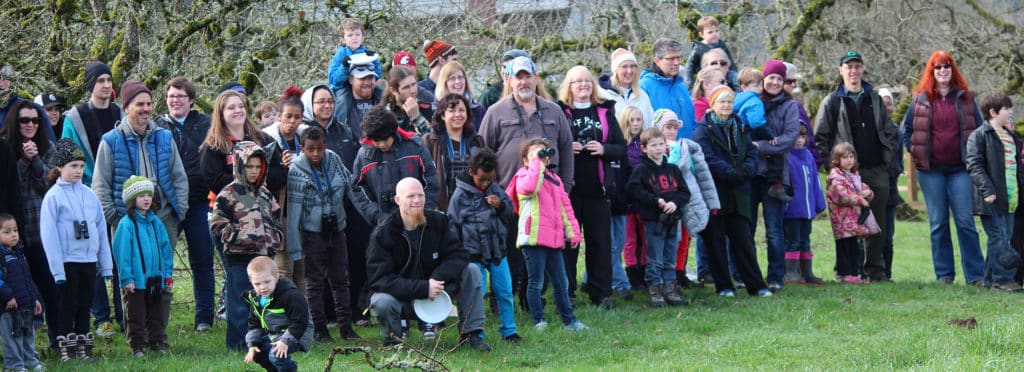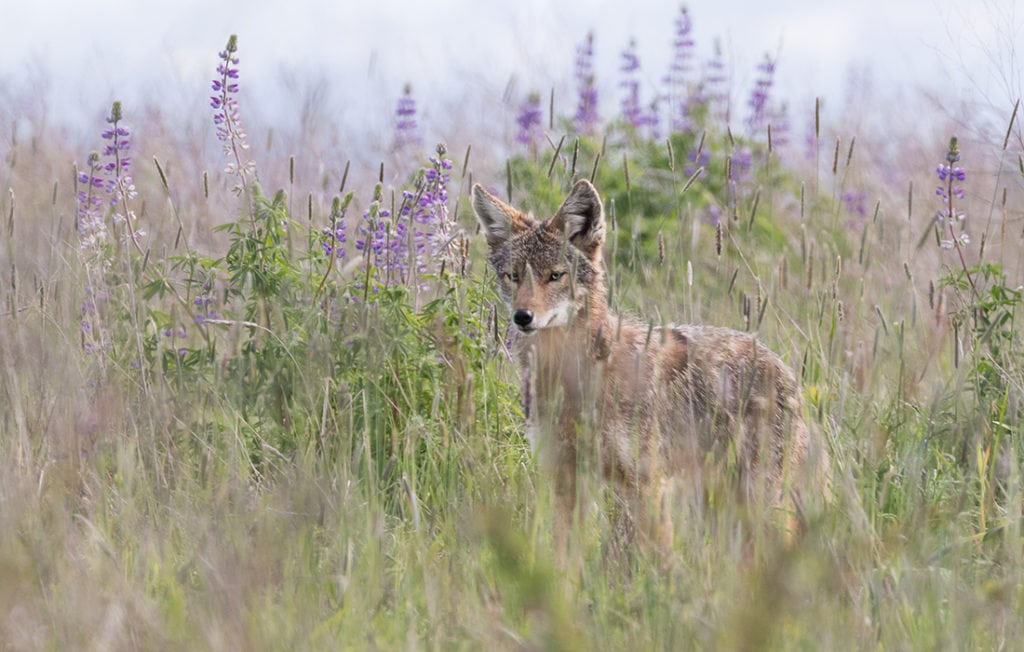
The ruling comes just months after the same federal judge found in another case that the federal government had once again failed to operate federal dams in a way that does not jeopardize listed salmon. This marked the fifth time in two decades that the courts have rejected the government’s plan for addressing the impact of dams on salmon. Unfortunately, on Wednesday Judge Simon found that even though the federal government broke the law and even though the benefits of killing cormorants for salmon are uncertain, the killing can continue because it might provide some benefit to salmon.
“The Judge’s decision is deeply disappointing,” said Bob Sallinger, conservation director for the Bird Alliance of Oregon. “The federal government has repeatedly broken the law, failed to address the primary causes of salmon declines on the Columbia River, and overstated the benefits of killing Cormorants. Yet the Corps is allowed to continue killing thousands of protected birds. It is time for the government to stop this slaughter and recognize that its cormorant killing program rests on a foundation of broken laws.”
The continued killing of the birds and destruction of their nests may send cormorant populations below sustainable levels. In spring of 2016, 16,000 double-crested cormorants abandoned their nests on East Sand Island after the government began shooting birds and oiling their nests. Under the terms of their permits, the Army Corps was required to temporarily cease the killing, but it has indicated the killing might resume if enough birds return.
“We were hoping for an end to the needless slaughter of cormorants,” said Tanya Sanerib, an attorney at the Center for Biological Diversity. “But this ruling is an important first step in getting our federal agencies to look at alternatives and the science behind them, and address the real threat to salmon: the dams.”
“The Army Corp’s insistence on resuming the slaughter of cormorants, despite the unprecedented colony failure that occurred last spring and the court’s finding that the federal agencies violated the law, is inexcusable,” said Animal Legal Defense Fund Executive Director Stephen Wells. “The government has flouted environmental statutes designed to ensure informed decision-making, and in the process jeopardizes the western population of double-crested cormorants.”
“Just because the Federal Court said that the government agencies can continue killing cormorants despite breaking the law, does not mean that they should continue” said Michael Harris, Legal Director for Friends of Animals. “We hope that the federal agencies will stop and focus on developing real solutions rather than continuing to needlessly kill wild birds that likely have little impact on runs of listed salmon and steelhead.”
The groups that brought this lawsuit are reviewing the ruling and considering their options. They intend to continue to vigorously oppose the further killing at the East Sand Island Colony. The conservation and animal welfare organizations that brought the case are represented by Earthrise Law Center.
Contact
- Bob Sallinger, Bird Alliance of Oregon | (503) 380-9728| bsallinger@audubonporland.org
- Tanya Sanerib, Center for Biological Diversity| (503) 544-8512 | tsanerib@biologicaldiversity.org
- Michael Harris, Friends of Animals | michaelharris@friendsofanimals.org
- Patricia Jones, Animal Legal Defense Fund | (707) 795-2533 | media@aldf.org
Founded in 1902, Bird Alliance of Oregon is one of the oldest conservation organizations in the nation. It promotes the understanding, enjoyment and protection of native birds, other wildlife and their habitats through its conservation and environmental education programs, its 150-acre Nature Sanctuary and Nature Store in northwest Portland, and its Wildlife Care Center.
For more information, call 503-292-6855 or visit birdallianceoregon.org.



